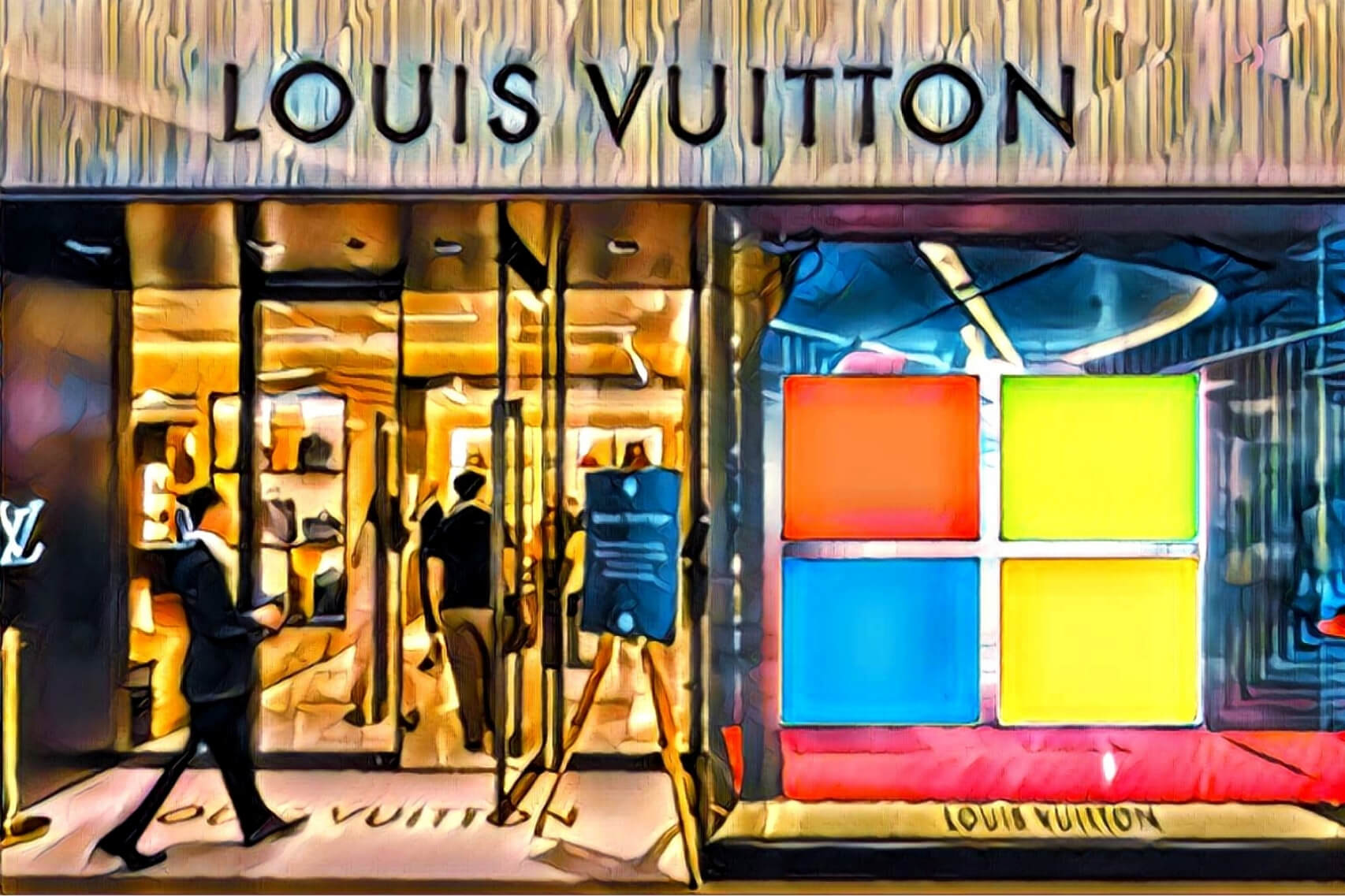French luxury goods conglomerate LVMH, which owns the well-known Louis Vuitton brand, has announced that it will launch a blockchain with the intention of validating the authenticity of its luxury goods, CoinDesk reports.
The project has been in the works for over a year now and the team has worked closely with Ethereum-focused company Consensys and Microsoft’s Azure platform, which offers its own blockchain development tools.
Operating under the code name AURA, the blockchain is expected to launch in May or June.
Louis Vuitton and another LVMH brand, Parfums Christian Dior, will be the first to have its products associated with the initiative, though there are plans to include all of LVMH’s many dozen brands. Competitors may also find themselves allowed to use the blockchain.
An anonymous source told CoinDesk:
To begin with AURA will provide proof of authenticity of luxury items and trace their origins from raw materials to point of sale and beyond to used-goods markets. The next phase of the platform will explore protection of creative intellectual property, exclusive offers and events for each brands’ customers, as well as anti-ad fraud.
The point about allowing competitors to participate in the network might seem questionable, given that they may be skeptical about using a rival’s tech. But the report says that AURA will not be in any way tied to LVMH.
Rather, the Intellectual Property (IP) will be handed to a separate entity, which will be owned by different brands.
The anonymous source went on to say:
So Gucci, for example, could decide to join the platform and be a shareholder – in which case their claim to the IP would be as great as Louis Vuitton’s claim to the IP. That is the main difference between this project and the IBM Maersk project. which hopefully makes it much more comparable to Komgo, the trade finance consortium.
Supply chain traceability and goods authentication are two extremely applicable areas for blockchain, and VeChain, among others, has made steps forward in implementing these systems.
At any rate, it’s interesting to see a major fashion brand hop aboard the blockchain train. Certainly, supply chain and goods-focused use cases are increasing in number and the fact that more established entities, in general, are taking to blockchain is a very positive sign for the long-term future of the industry.

